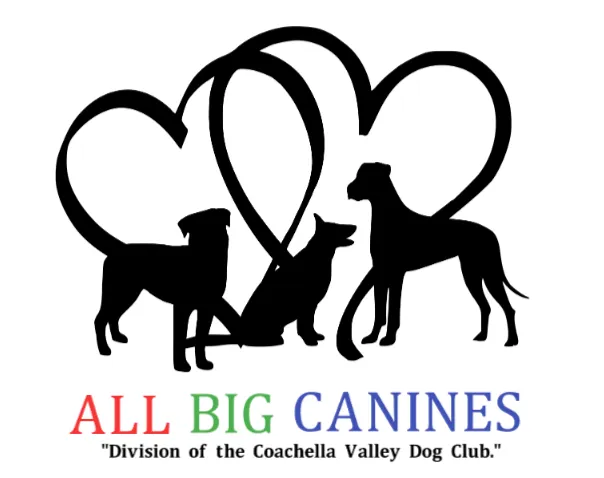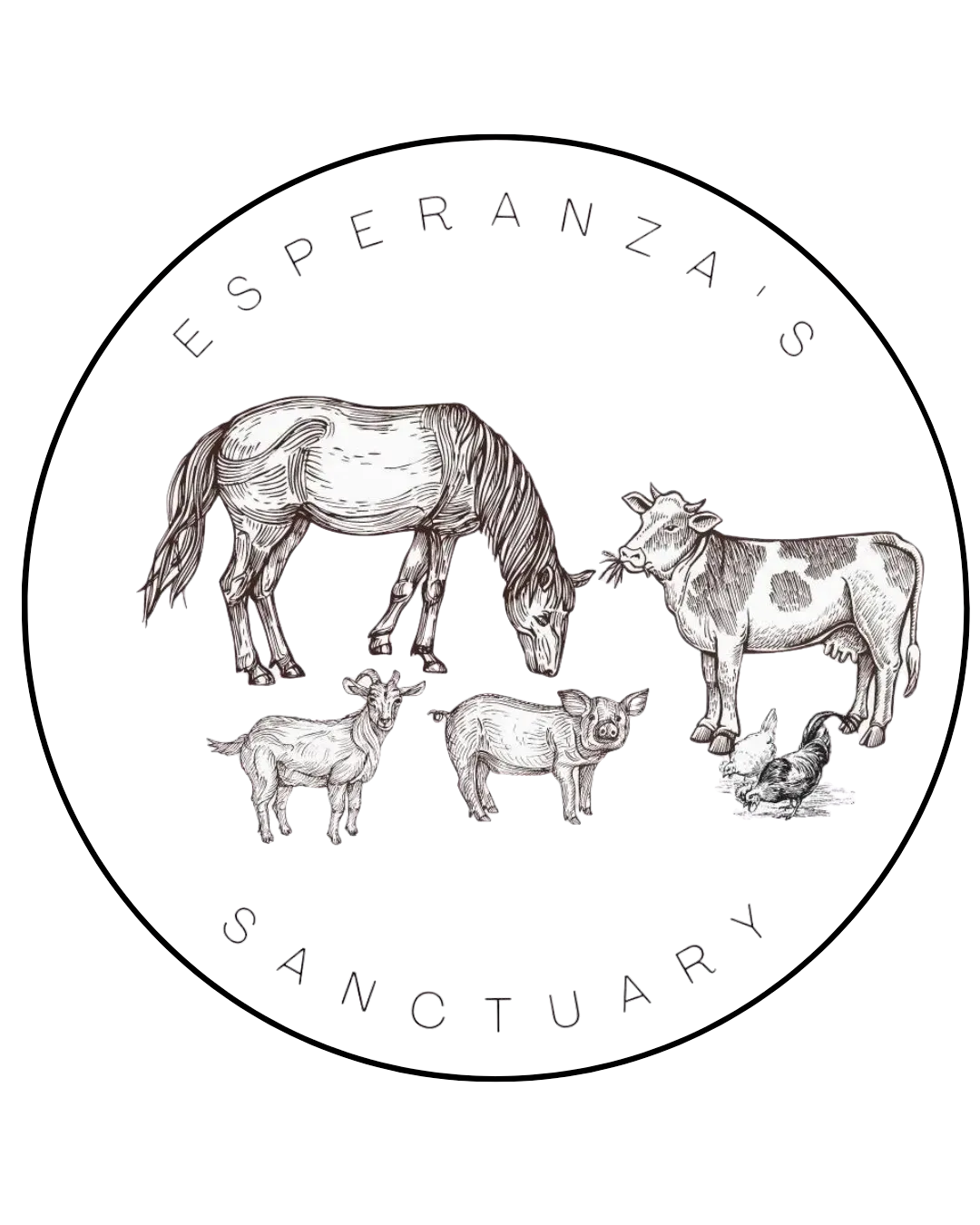
Are our credentials really worth it?
It is 2023 and many of us have gotten educated, and strive to maintain the credentials we have worked so hard to achieve. We recommend them to the general public to help avoid the fallout of choosing outdated, inhumane, or undereducated methods and techniques. We participate in discussions with colleges to better our clients. But at what point do we analyze what these organizations really do for us as individuals and as an industry as a whole. We know many who can’t afford credentialing. It took me 10 years to achieve the CPDT-KA because the cost was unattainable. When I finally did it was over a 2-hour car ride away to take the examination. It is not a disability-friendly process either. While options like the IAABC and the Pet Professional Accreditation Board offer written case studies, submission of videos proving skills, and attestation statements from veterinarians and other credentialed trainers which do allow more access, are these organizations really inclusive or focused on DEIJ?
The APDT offers education and professional membership and has a DEI team as of 2022. The pet Professional Guild has started an inclusivity division. But are we dealing with performative actions? We are taught to analyze research, methods, and conjecture in an unbiased way and for many of us who have made this financial investment it is far easier to just not think about it. Unfortunately, many of us can’t do that.
Credentialing, tone policing, and upholding oppressive systems have long been common practices in very white-centered, upper-class organizations. Unfortunately, this has created a culture in which those who are already privileged are further enabled to feel powerful and dominate, while those from underprivileged or underrepresented backgrounds are silenced. This can be especially true when these organizations fail to prioritize and dedicate resources to DEIJ (diversity, equity, inclusion, and justice) work.
Tone policing is a common practice in these oppressive organizational cultures. It is a form of silencing that seeks to control the emotional tone of a discussion, causing those with marginalized identities to remain silent. By denying these individuals the right to express their emotions, they are prevented from becoming part of the larger conversation. This is especially damaging in situations where these emotions are valid responses to oppressive systems.
Credentialing itself is another oppressive tactic that can be found in these types of organizations. Credentialing requires a person to have certain qualifications or accomplishments before they are able to participate in a discussion or have their voice heard. This is especially damaging in situations where certain qualifications – such as a certain degree or a certain experience – are not easily available to certain marginalized groups. Credentialing can serve to further exclude individuals who are already disadvantaged and lead to an even deeper level of oppression.
Finally, these oppressive systems can be further perpetuated by the failure of these organizations to focus on DEIJ work. Without an intentional and dedicated effort to create a culture of inclusion, these organizations remain monolithic and unapproachable. Without the proper resources, individuals from a variety of backgrounds are unable to engage in meaningful conversations or to have their voices heard.
It is clear that these oppressive systems must be deconstructed if we are to create a more equitable and just society. This requires organizations to focus on DEIJ work, to eliminate tone policing, and to be more aware of credentialing practices. By doing so, we can ensure that those from marginalized identities are included in the conversation and that their voices are heard. This is the only way to create truly inclusive environments where everyone is respected and valued.
Some excellent resources on these topics are:
How Professionalism is Used As A Tool For Racism. Click Here
Understanding Systems of Oppression and Our Place Within Them. Click Here
Want to support DEIJ efforts within Animal Welfare Industries? Click Here
White Supremacy Culture Resources to Learn what it is, and why is it everywhere. Click Here
Esperanza's Sanctuary, LLC.
Larsen Lane
Sky Valley, CA 92241
760-278-4248

